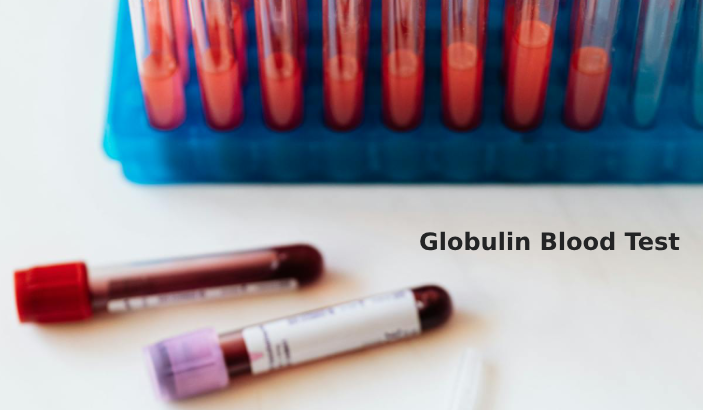Globulins are a group of proteins in the blood that play vital roles in liver function, blood clotting, and fighting infections. The globulin blood test, often part of a broader test known as the total protein test, measures the level of globulins in the blood to help diagnose various health conditions.
Purpose of the Globulin Blood Test
- Diagnosing Health Conditions: The test helps in diagnosing conditions that affect protein levels, such as liver disease, kidney disease, and immune disorders.
- Assessing Liver Function and Nutritional Status: It provides insights into liver function and the body’s nutritional state.
- Monitoring Chronic Conditions: For patients with ongoing health issues like chronic inflammatory conditions, the globulin test can monitor disease activity and response to treatment.
Preparation for the Test
- Fasting: Patients may be asked to fast for 10 to 12 hours before the test to ensure accuracy, especially if the test is part of a more comprehensive set of blood tests.
- Medication Review: It’s important to inform healthcare providers about any medications, supplements, or herbal remedies being taken, as some substances can affect protein levels in the blood.
Procedure of the Globulin Test
- Blood Sampling: A blood sample is taken from a vein, usually in the arm. The area is cleaned with an antiseptic, and a small needle is used to draw blood into a test tube or vial.
- Handling and Processing: The sample is then sent to a laboratory where the serum protein levels are analyzed. The total protein level is measured, and the albumin level is subtracted to calculate the globulin level.
Normal Range
- Total Globulin: Normal total globulin levels are typically between 2.0 and 3.5 g/dL (grams per deciliter). Although this range can vary slightly depending on the laboratory and the method used.
- Types of Globulins: Globulins are divided into several groups – alpha, beta, and gamma globulins. Each group has its normal range, which is useful for diagnosing different disorders.
Results Interpretation
- Normal Results: Normal globulin levels suggest that there is no significant problem with liver function, protein production, or immune system activity.
- High Globulin Levels: Elevated globulin levels can indicate infections, inflammatory diseases, liver disease, or certain types of cancer, such as multiple myeloma.
- Low Globulin Levels: Lower than normal levels may suggest liver or kidney disease, problems with protein absorption, or immune deficiencies.
The globulin test is a valuable diagnostic tool that aids in assessing – liver function, immune system health, and overall protein levels in the body. Its role in diagnosing and monitoring various medical conditions makes it an important component of many diagnostic evaluations. Understanding the normal ranges and what the results mean can significantly impact patient care, enabling timely and effective treatment of underlying conditions.
I specialize in writing about health, medical conditions, and healthcare, drawing extensively from scientific research. Over the course of my career, I have published widely on topics related to health, medicine, and education. My work has appeared in leading blogs and editorial columns.









